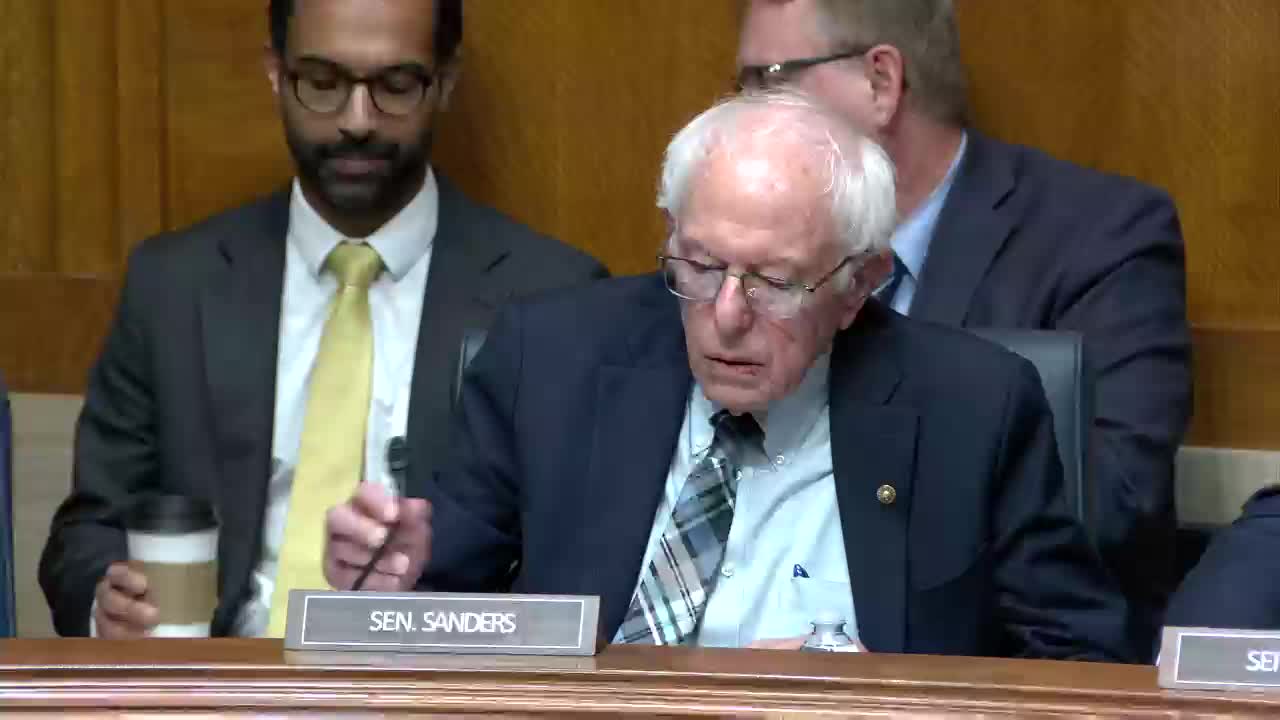Article not found
This article is no longer available. But don't worry—we've gathered other articles that discuss the same topic.
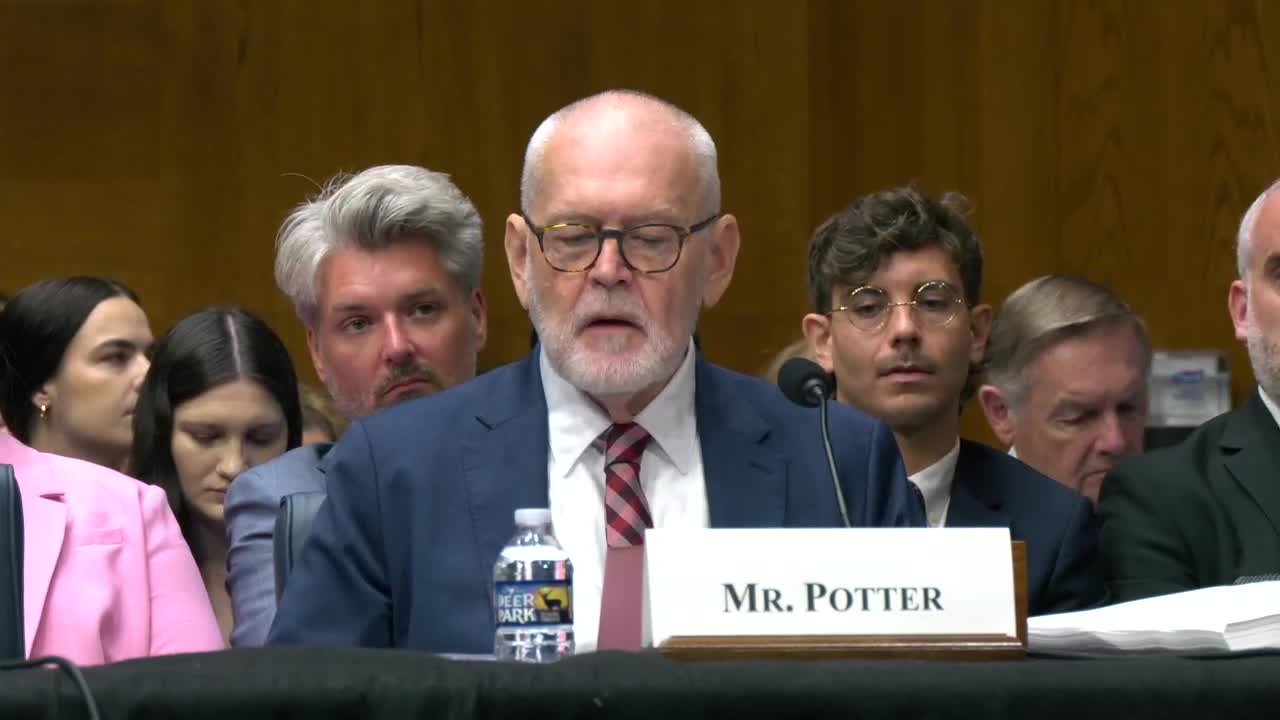
Former insurer executive warns vertical integration and MLR loopholes let insurers shift profits into owned providers
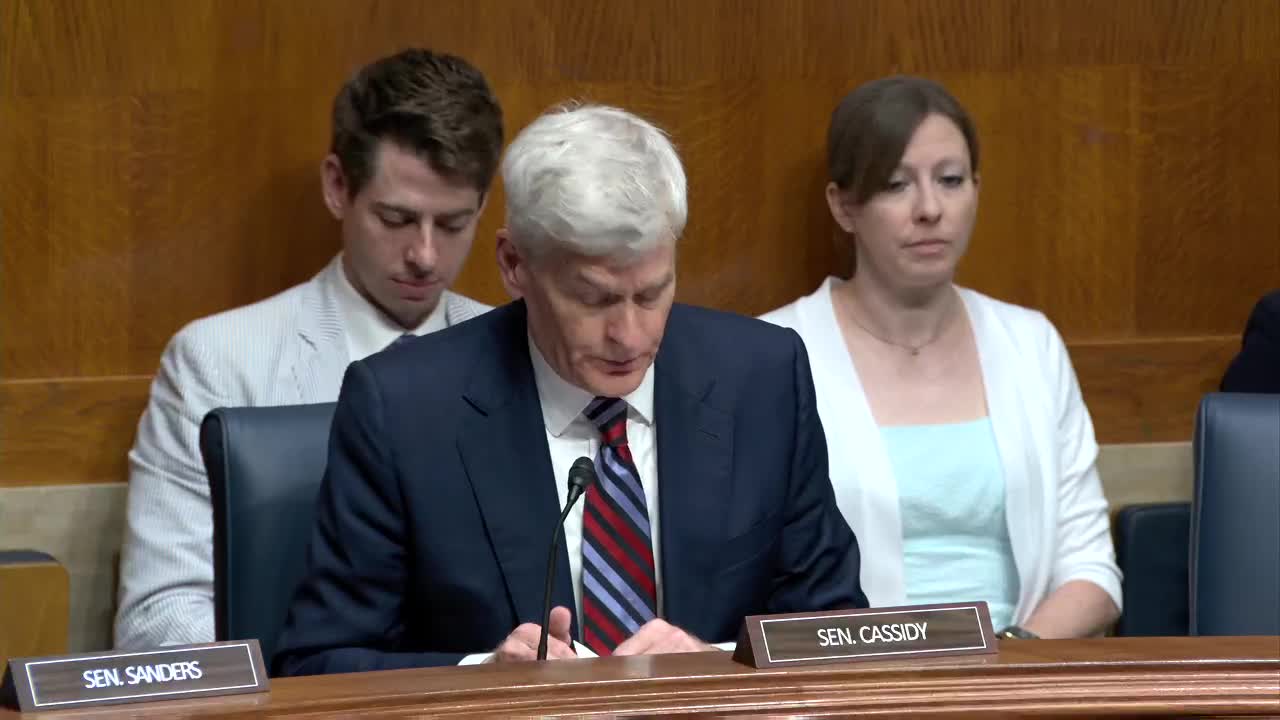
Committee examines 340B discounts and whether savings reach patients or raise employer costs
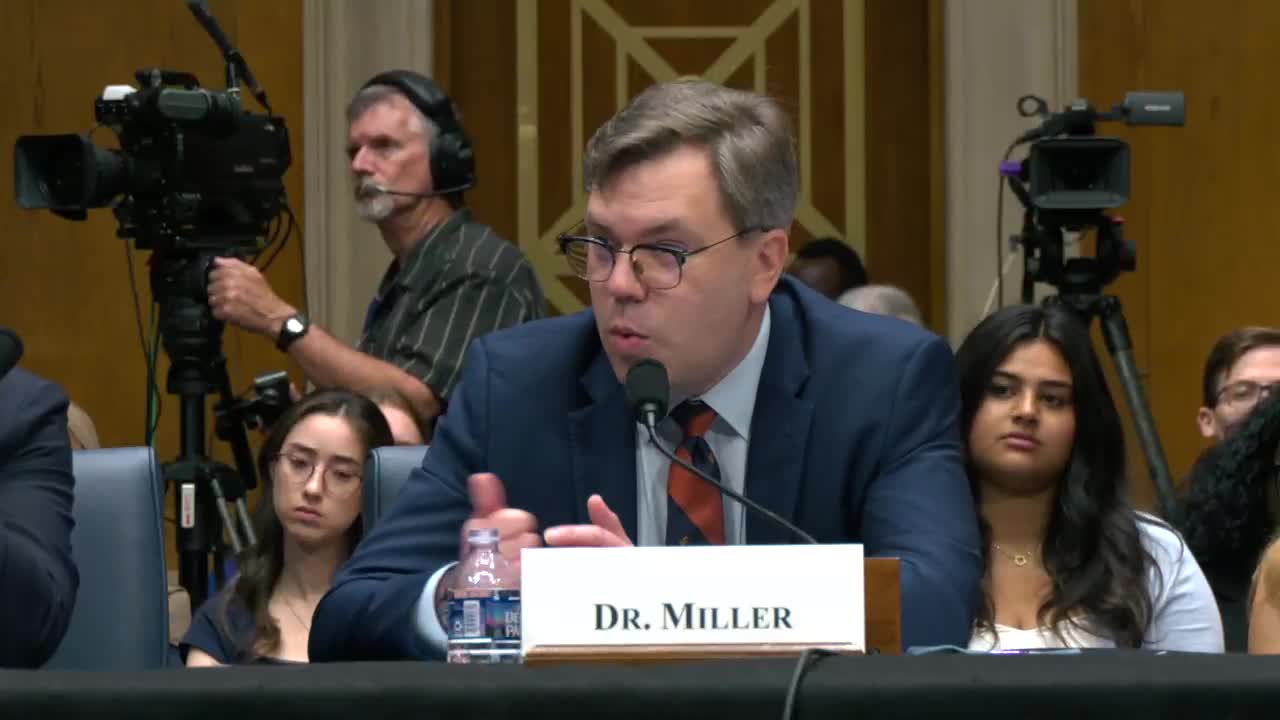
Senators, experts press PBM reforms and ‘delinking’ proposals to lower drug costs
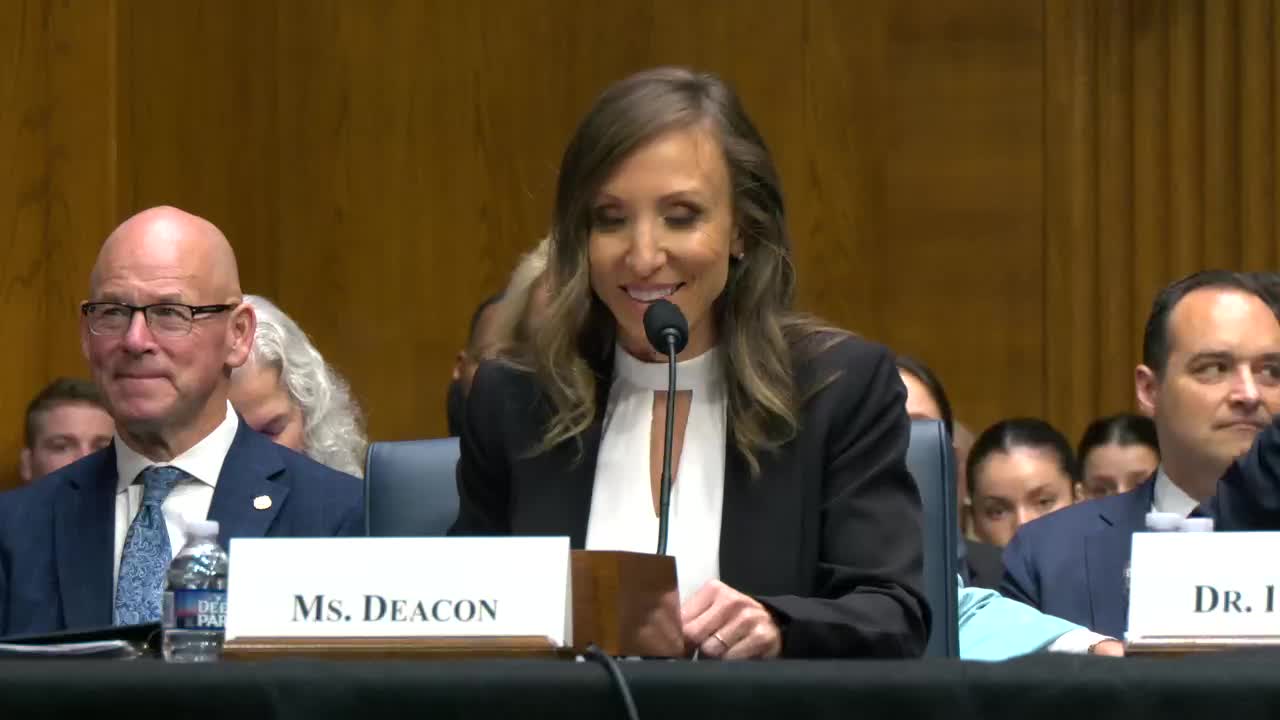
Senate hearing presses for stronger hospital price transparency and employer access to claims
